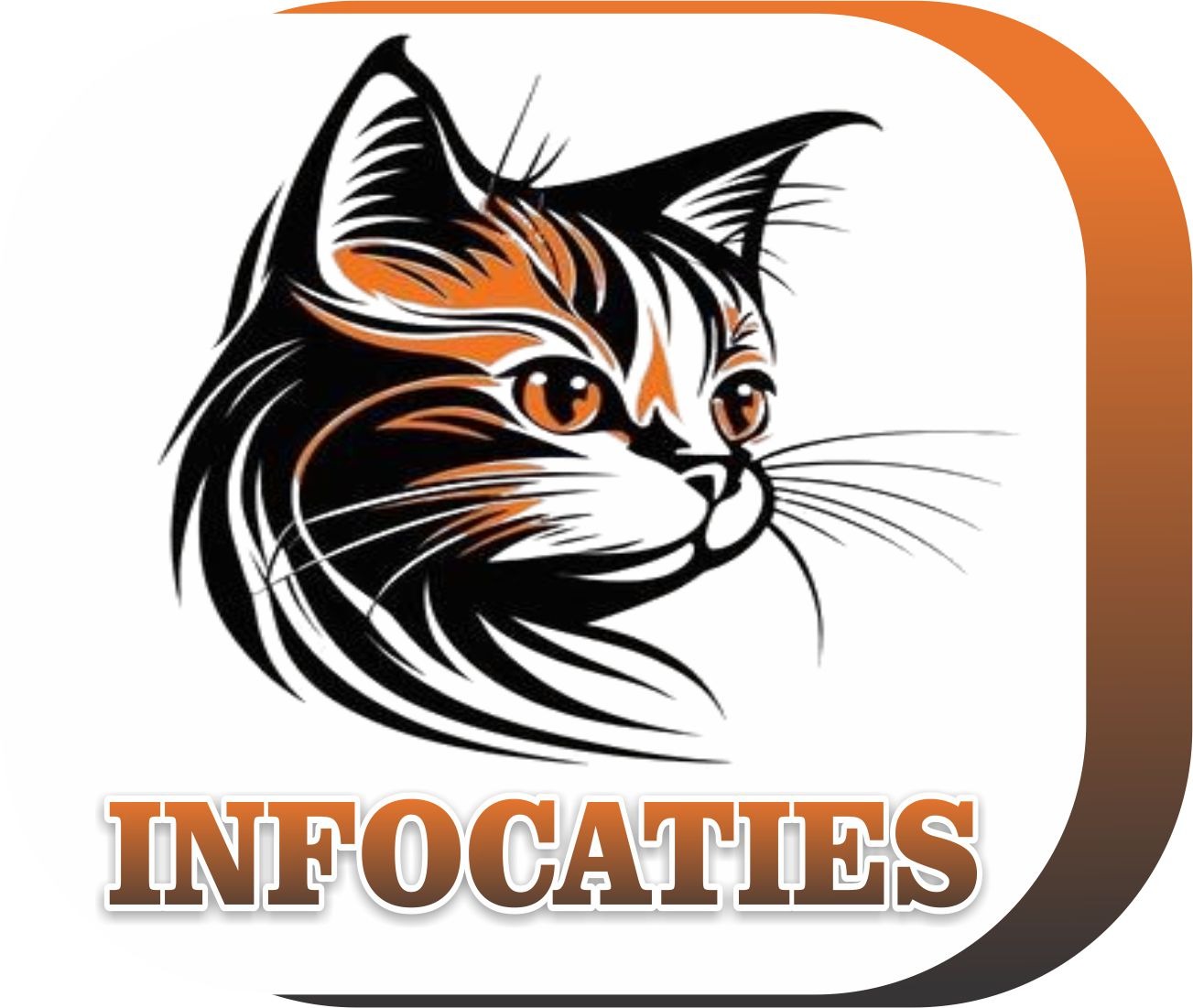Cats, known for their inquisitive nature, frequently show curiosity towards the foods that their human companions savor. One such curiosity might lead cat owners to wonder, “Can cats eat mochi?” In this article, we will explore the dietary aspects of cats, the composition of mochi, and whether it’s safe to share this Japanese delicacy with our feline friends.
Understanding Cats’ Dietary Needs
Before delving into the specifics of mochi, it’s vital to comprehend the dietary requirements of cats. Cats are obligate carnivores, meaning their diet is predominantly meat-based. A balanced diet ensures they receive essential nutrients like proteins, fats, vitamins, and minerals crucial for their well-being.
What is Mochi?
Mochi, a traditional Japanese delight, is created by pounding glutinous rice into a sticky, elastic texture. Filled with a variety of sweet or savory fillings, mochi is celebrated as a versatile and beloved snack. It’s essential to examine its nutritional composition before considering it as a potential treat for our feline companions.
Nutritional Composition of Mochi
Mochi predominantly contains carbohydrates, proteins, and minimal fats. While carbohydrates are a component of a cat’s diet, an excess of them can lead to health issues. Additionally, certain ingredients or flavorings in mochi might be harmful to cats, warranting caution.
Can Cats Eat Mochi?
Feeding mochi to cats requires careful consideration. Cats might be drawn to the texture and aroma, but it’s essential to consider various factors when making a decision. The risks associated with mochi consumption, such as digestive problems and allergic reactions, make it essential for cat owners to exercise caution.

Potential Health Issues
Digestive issues, including stomach upset and diarrhea, are common concerns when introducing new foods to cats. Furthermore, cats can have allergies to specific ingredients, leading to more severe reactions that necessitate immediate veterinary attention.
Safe Alternatives for Cats
Cat owners can opt for safe alternatives instead of offering mochi. Cat-friendly treats available in the market or homemade options using cat-safe ingredients ensure a delightful and risk-free snacking experience for feline companions.
Consulting with a Veterinarian
When in doubt about a cat’s dietary choices, consulting with a veterinarian is paramount. Veterinarians can offer personalized guidance, taking into account the cat’s health, age, and individual needs, to ensure responsible pet ownership.
Tips for Introducing New Foods to Cats
Introducing new foods ought to be approached gradually. Cats may initially show curiosity, but observing them for any adverse reactions and adjusting the introduction accordingly is essential for their well-being.
Stories and Experiences
Cat owners often share amusing stories of their pets’ culinary adventures. These anecdotes highlight the diverse preferences and behaviors exhibited by cats when presented with unique food items.
Cat Behavior and Food Explorations
Understanding cat behavior around food is crucial. While some cats may be more adventurous, others may prefer sticking to familiar choices. Observing and respecting a cat’s individual preferences ensures a positive feeding experience.
Misconceptions about Cats’ Diets
Dispelling common myths surrounding cats’ diets is essential for responsible pet ownership. Cats are not just miniature humans; their nutritional needs differ significantly. Distinguishing between fact and fiction is crucial for their well-being.
Educating Cat Owners
Pet owners play a crucial role in safeguarding the well-being of their cats. Educating oneself about feline nutrition and relying on reputable sources for information are fundamental aspects of responsible cat ownership.
Conclusion
In the quest to answer the question, “Can cats eat mochi?” it becomes evident that cautious decision-making is crucial. While cats may express interest in various foods, prioritizing their health by providing a balanced and suitable diet should be every cat owner’s priority.
FAQ’s
While plain mochi might be less risky, it’s essential to consider individual cat sensitivities. Consult with a veterinarian before introducing any new food.
Watch for signs like vomiting, diarrhea, or changes in behavior. If you suspect an allergy, seek prompt veterinary advice.
Not all human foods are safe for cats. It’s crucial to research and ensure the ingredients are cat-friendly before sharing.
Depending on the food, long-term consequences can include nutritional imbalances, obesity, or chronic health issues. Always prioritize a cat-appropriate diet.
Regular check-ups are recommended, and any concerns about diet changes or potential issues should be discussed with a veterinarian promptly.







One Comment